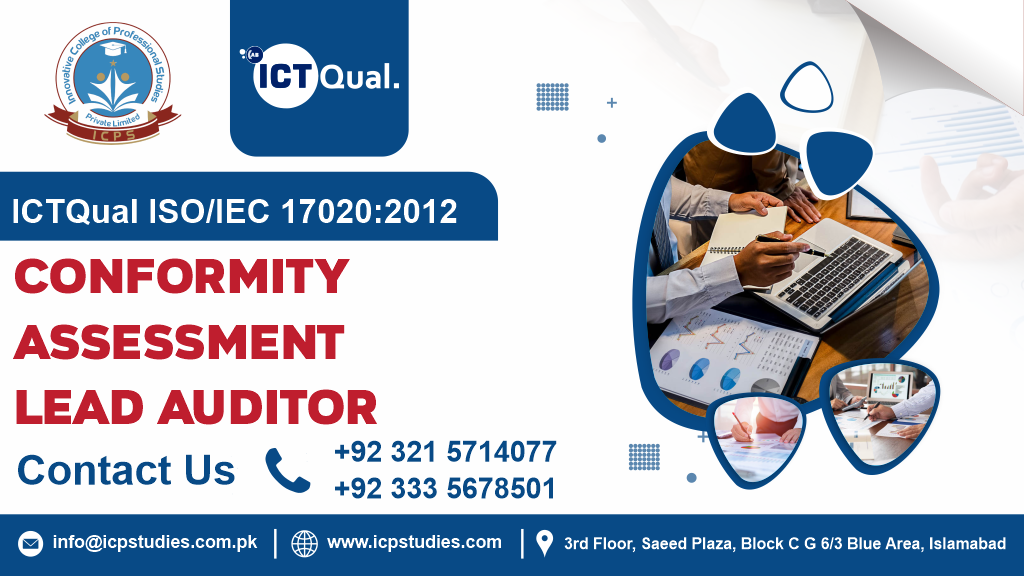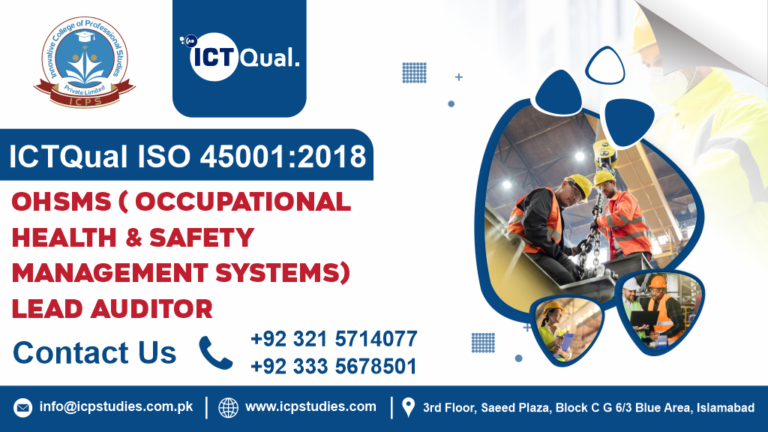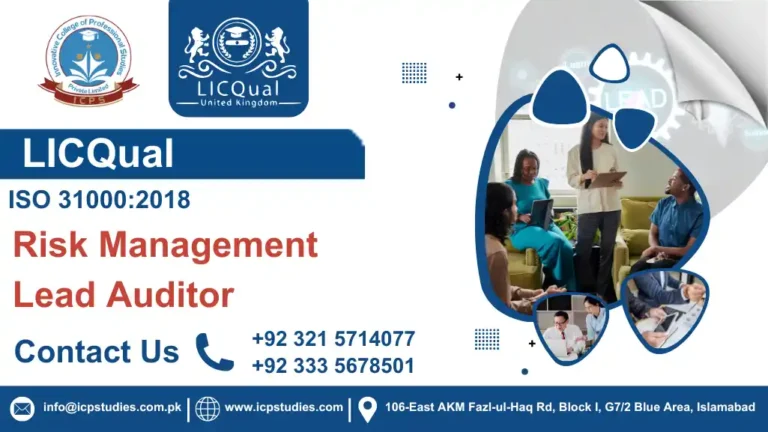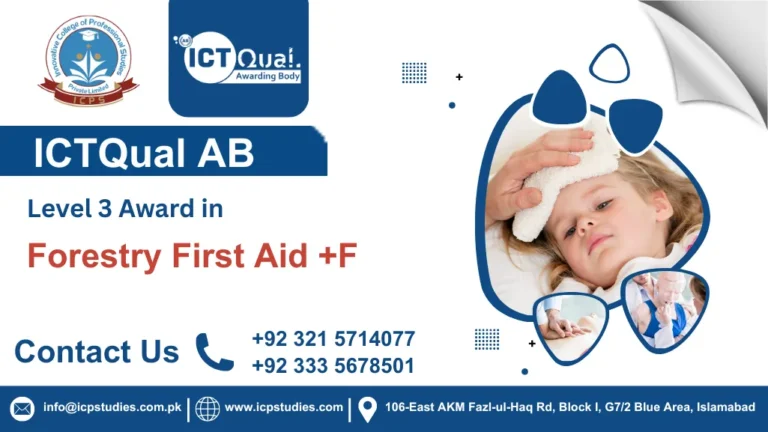In the complex world of conformity assessment, ensuring that inspection bodies adhere to high standards is crucial for maintaining quality and reliability across various industries. ISO/IEC 17020:2012 plays a pivotal role in this process by setting out the requirements for the competence of inspection bodies. At the heart of this system is the Conformity Assessment Lead Auditor, a key figure responsible for overseeing and ensuring the effectiveness of inspections.
ISO/IEC 17020:2012 is an international standard that specifies the criteria for the operation of various types of bodies performing inspection. This standard ensures that inspection bodies are competent, impartial, and consistent in their activities, which can include examining products, processes, systems, or services to ensure they meet specific requirements. It is essential for organizations that wish to demonstrate their ability to deliver accurate and reliable inspection results.
The role of an ISO/IEC 17020:2012 Conformity Assessment Lead Auditor is crucial for ensuring that inspection bodies meet the highest standards of competence, impartiality, and consistency. Through their leadership, expertise, and rigorous approach to auditing, Lead Auditors play a key role in maintaining the integrity of the inspection process and supporting continuous improvement. Their work not only upholds the standards set by ISO/IEC 17020:2012 but also reinforces trust and reliability in the outcomes of inspection activities across various industries.
All About ICTQual ISO/IEC 17020:2012 Conformity Assessment Lead Auditor
Course Overview
An ISO/IEC 17020:2012 Conformity Assessment Lead Auditor is a professional responsible for overseeing and managing the audit process to ensure that inspection bodies meet the requirements specified in the ISO/IEC 17020:2012 standard. This role is crucial in assessing the competence, impartiality, and consistency of inspection bodies that perform various types of inspections.
ISO/IEC 17020:2012 Conformity Assessment Lead Auditor plays a crucial role in evaluating and ensuring the competence of inspection bodies. Through their leadership and expertise, they contribute to maintaining high standards in the inspection process and fostering trust in the results produced by these bodies.
Study Units
- Introduction to ISO/IEC 17020:2012 Standard
- Principles of Conformity Assessment
- Requirements for Inspection Bodies
- Audit Planning and Preparation
- Conducting Conformity Assessment Audits
- Reporting and Follow-Up
- Impartiality and Independence
To enroll in the ICTQual ISO/IEC 17020:2012 Conformity Assessment Lead Auditor course, participants typically need to meet the following requirements:
- Age Requirement: Participants should be at least 18 years old.
- Basic Literacy: A good understanding of English is essential, as course materials and instruction are primarily in English.
- Professional Background: Familiarity with conformity assessment processes or relevant experience in inspection bodies is beneficial.
- Prior Knowledge: Participants should have a basic understanding of ISO/IEC 17020:2012 standards and general auditing principles.
- Course Registration: Participants must register for the course through an authorized training provider.
- Payment: Course fees must be paid as required by the training provider.
- Commitment to Attend: Participants should be prepared to attend the full duration of the course to receive certification.
The ICTQual ISO/IEC 17020:2012 Conformity Assessment Lead Auditor course is designed for:
- Lead Auditors: Individuals responsible for conducting audits of inspection bodies and conformity assessment processes.
- Inspection Personnel: Professionals working in inspection bodies who need to understand the standards and requirements of conformity assessment.
- Quality Managers: Individuals overseeing compliance and quality assurance within organizations.
- Compliance Officers: Professionals ensuring organizations meet relevant regulatory and quality standards.
- Consultants: Those advising organizations on conformity assessment and inspection processes.
- Anyone Seeking ISO/IEC 17020:2012 Certification: Individuals looking to enhance their knowledge and skills in conformity assessment for career advancement.
This course provides participants with the skills and knowledge to effectively audit and assess inspection bodies in accordance with ISO/IEC 17020:2012 standards, promoting integrity and reliability in inspection processes.
Learning Outcome
1. Introduction to ISO/IEC 17020:2012 Standard
- Understand the Scope and Purpose: Describe the objectives, scope, and key principles of the ISO/IEC 17020:2012 standard.
- Identify Key Requirements: Explain the primary requirements outlined in the standard for the operation of inspection bodies.
- Understand the Structure: Recognize the structure and terminology used in ISO/IEC 17020:2012 and their relevance to conformity assessment.
- Contextualize the Standard: Discuss how ISO/IEC 17020:2012 fits within the broader context of quality management and conformity assessment standards.
2. Principles of Conformity Assessment
- Define Core Principles: Articulate the fundamental principles of conformity assessment, including accuracy, reliability, and consistency.
- Differentiate Conformity Assessment Activities: Explain various types of conformity assessment activities, such as testing, inspection, and certification.
- Analyze Contributions: Evaluate how conformity assessment supports quality assurance and regulatory compliance across different industries.
- Understand Stakeholder Roles: Discuss the roles and responsibilities of organizations and individuals involved in conformity assessment.
3. Requirements for Inspection Bodies
- Understand Operational Requirements: Identify and explain the specific requirements that inspection bodies must meet according to ISO/IEC 17020:2012.
- Evaluate Management Systems: Assess the requirements related to the management systems, processes, and procedures that inspection bodies must implement.
- Review Competence Criteria: Describe the competence criteria for personnel and the necessary resources and infrastructure for effective inspection activities.
- Analyze Compliance: Determine how inspection bodies can demonstrate compliance with the standard’s requirements.
4. Audit Planning and Preparation
- Develop Audit Plans: Create comprehensive audit plans that outline the scope, objectives, and criteria based on ISO/IEC 17020:2012.
- Prepare for the Audit: Identify key elements and resources needed for effective audit preparation, including scheduling and logistics.
- Design Checklists: Develop audit checklists and documentation to ensure a systematic approach to auditing.
- Address Risks and Challenges: Evaluate potential risks and challenges in audit planning and prepare strategies to address them.
5. Conducting Conformity Assessment Audits
- Implement Audit Techniques: Apply effective techniques for conducting conformity assessment audits in accordance with ISO/IEC 17020:2012.
- Collect and Analyze Evidence: Demonstrate skills in collecting, analyzing, and evaluating audit evidence objectively.
- Manage Audit Activities: Oversee audit activities, including interviews, observations, and document reviews, ensuring thorough coverage of the audit scope.
- Address Non-Conformities: Identify and address non-conformities and areas for improvement during the audit process.
6. Reporting and Follow-Up
- Prepare Audit Reports: Create clear, accurate, and comprehensive audit reports that document the audit process, findings, and recommendations.
- Communicate Findings: Effectively communicate audit findings and conclusions to relevant stakeholders.
- Develop Follow-Up Actions: Design and implement follow-up actions based on audit findings to ensure corrective measures are taken.
- Evaluate Effectiveness: Assess the effectiveness of follow-up actions and provide recommendations for further improvement.
7. Impartiality and Independence
- Understand Impartiality Requirements: Explain the importance of impartiality and independence in the auditing process as outlined in ISO/IEC 17020:2012.
- Evaluate Impartiality: Identify practices and policies that ensure impartiality and avoid conflicts of interest within inspection bodies.
- Promote Independence: Discuss strategies to maintain and promote independence in the audit process.
- Analyze Case Studies: Review case studies to illustrate the application of impartiality and independence in real-world auditing scenarios.
These learning outcomes are designed to provide participants with a comprehensive understanding of ISO/IEC 17020:2012 and the skills necessary to perform effectively as Conformity Assessment Lead Auditors.
FAQs about ICTQual ISO/IEC 17020:2012 Conformity Assessment Lead Auditor







